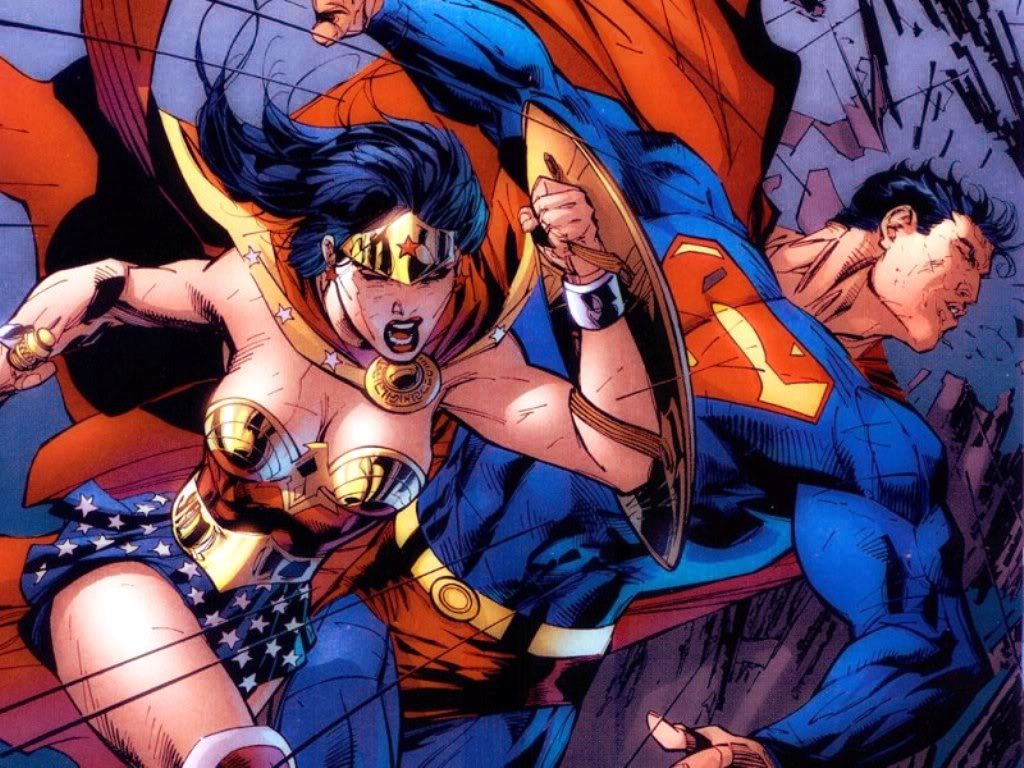AS A STUDENT of philosophy and political theory, I learned that terminology certainly has its place.
The ability to communicate complex ideas in one term is necessary for getting beyond clarifying what we’re talking about to actually talking about it. Terms provide a way of connecting various thoughts or pieces of information. For those who understand their specific meaning in a given context, terms are helpful.
But we get into some trouble when a term devolves into a buzzword or, in today’s social-media-happy world, a hashtag. That happens when its popularity gives a false sense that everybody knows what it means when, in fact, they may not. This often occurs when a term transitions from use among people in a particular academic or professional circle to use in public discourse. Buzzwords have lost the grounding of explicit, understood meaning that characterizes terms.
My first introduction to the word “patriarchy” was in college classes, where it was sometimes used by fellow students as an explain-it-all device, the shared understanding of which was assumed and therefore not cultivated. I understood the etymology – rule of the father. More generously, I understood it to mean the rule of men, and connected it to rigid, legislated control of women. That seemed like a bit of an exaggeration to me, as I sat in college classrooms studying fields typically deemed unsuitable for women. With frequent repetition, “the patriarchy” became a sort of monster under the bed, and I became annoyed.
But is “patriarchy” doomed to the status of buzzword, or can it be a helpful term? Does it communicate something meaningful in a way that advances the causes of those who use it?
Merriam-Webster offers the following definition of patriarchy: “social organization marked by the supremacy of the father in the clan or family, the legal dependence of wives and children, and the reckoning of descent and inheritance in the male line; broadly: control by men of a disproportionately large share of power.”
Patriarchy admits to different meanings. It can mean the legislated subservience of women to men, or it can mean the de facto disproportionate representation of men in positions of power and negative cultural attitudes toward women. Patriarchy can manifest in anything from legally stoning women to death for sexual behavior to doubting women’s intellectual capacities, from not allowing women to leave the house and hold jobs to interrupting a woman when she is speaking.
No doubt, these varied manifestations are linked by the common denominator of devaluing the notion of femininity and elevating masculinity. But there are two significantly distinct senses of the term that I see: legislated rule of men and de facto cultural/social privilege. I don’t make the distinction to diminish the severity of the latter; there are very serious consequences of de facto sexism, including violence against women and their discouragement from positions of power. But the difference in meanings opens the word up to confusion when thrown around in popular discourse without very explicit specification. And it can evoke an eye-roll from those who associate it only with rigid, legislated rule.
The emphasis of the word “patriarchy,” in both de facto and legislated senses, is on control and power. I do think male privilege is a thing, and that it should be talked about. But my concern is that, for those who have not studied feminism in an academic setting and developed a nuanced notion of patriarchy accounting for its varied meanings and the underlying problematic of gender norms, it seems to represent a cut-and-dry monolith: Men Oppress Women. This approach risks failing to acknowledge the ways that men can be disadvantaged and women can act as oppressors themselves.
Writing for New Left Project, Malise Rosbech proposes that feminist efforts would be furthered by shifting focus from patriarchal oppression to a more intersectional approach. She discusses the term “kyriarchy,” which is “a neologism coined by Elisabeth Schüssler Fiorenza to denote interconnected oppressing systems in which a person or a group of people might be dominated or oppressed in some relationships but privileged in others.” This would allow for an explicit acknowledgment that men are subject to harm from other forms of oppression (i.e. based on class, race), as well as the acknowledgment that women can participate in oppression themselves (for example, women with privilege in the areas of race, class, and gender identity).
I’ll add that, along with shifting focus from how men oppress women to the many ways in which any person may be held down, we would do well to focus on the gender norms underlying sex-based injustice. This allows for the important acknowledgement that men are harmed, sometimes profoundly, by those norms. While some users of the word “patriarchy” incorporate the dual nature of harm founded on gender norms into its meaning, this is not a universal characteristic.
I’m not saying the term “patriarchy” should be abolished. It’s useful for people within certain circles, though even in such spaces I think it’s necessary to practice caution against sliding into buzzword territory. My concern is that, in popular discourse, the word may turn good people away, either because they feel accused (in the case of men) or they simply can’t relate to the idea (in the case of underprivileged men or privileged women, for example). There is value in having different approaches and different voices at work. Maybe we need people who talk about patriarchy. Maybe we also need people who don’t.

















